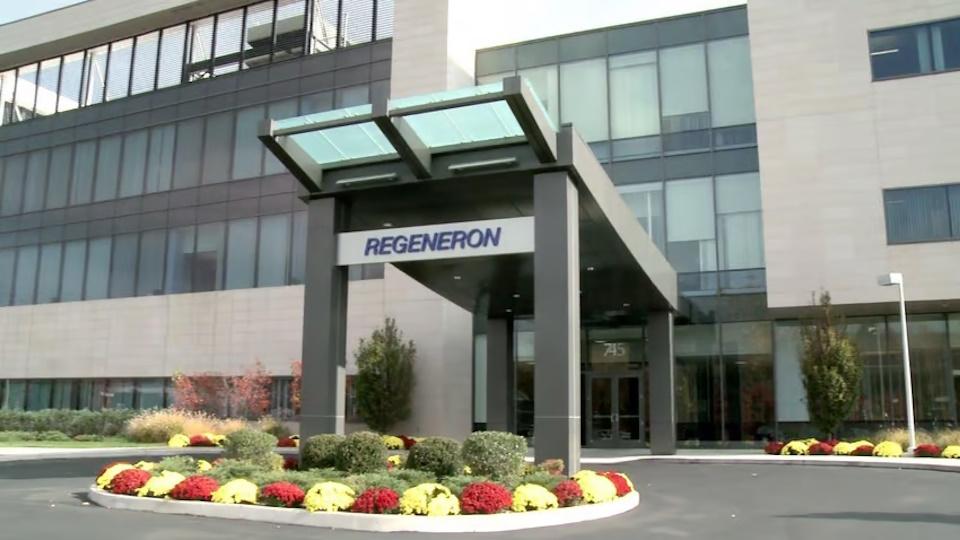After ph3 win, Roche eyes earlier use of Columvi in DLBCL

Roche’s CD20xCD3 bispecific antibody Columvi has improved survival when used as a second-line therapy for diffuse large B-cell lymphoma (DLBCL) in a phase 3 trial, setting up regulatory filings for earlier use of the drug in the treatment pathway.
The top-line results of the STARGLO study showed that patients ineligible for an autologous stem cell transplant (ASCT) who received Columvi (glofitamab) in combination with chemotherapy lived longer than those treated with anti-CD20 antibody rituximab and chemo, said Roche.
Columvi has already been given accelerated approval by the FDA as a third-line or later treatment option for DLBCL, and the STARGLO data should also help convert that to a full approval. In that indication, the drug competes with AbbVie and Genmab’s rival CD20xCD3 bispecific Epkinly (epcoritamab), so moving it into the first relapse setting could hand Roche an advantage.
AbbVie and Genmab are not standing still though, and Epkinly is being tested as a second-line option in the phase 3 EPCORE DLBCL-1 study, comparing it to investigators’ choice of chemo in patients who did not respond to or are ineligible for an ASCT, with results due later this year.
“People with this aggressive lymphoma facing relapse or progression after initial treatment have limited options – particularly those who are ineligible for stem cell transplant,” said Levi Garraway, Roche’s chief medical officer.
“Building on Columvi’s established benefits, [this] data demonstrate[s] the potential of this combination regimen to improve survival outcomes in earlier lines of treatment,” he added.
Roche maintains that a key difference between Columvi and Epkinly is that its drug uses a fixed duration of treatment, while AbbVie and Genmab’s therapy needs to be administered until the disease progresses. The company says this may allow for time off treatment that could reduce the risk of long-term side effects.
AbbVie and Genmab, meanwhile, have pointed to a higher response rate in trials and a lower rate of side effects like cytokine release syndrome (CRS) – with the usual caveat of trying to compare studies with different protocols – along with the easier subcutaneous route of administration for Epkinly versus Columvi’s intravenous delivery.
Roche is working on an injectable form of its drug as well, while both companies are running studies to try to move their bispecifics into the first-line DLBCL setting.
To that end, Roche is hoping to pair Columvi with Polivy (polatuzumab vedotin), its CD79b-targeted antibody-drug conjugate (ADC), which was approved by the FDA for previously untreated DLBCL in combination with chemo last year.
Regeneron, meanwhile, also has designs on the category with its CD20xCD3 bispecific odronextamab, which began a priority review at the FDA last October as a third-line treatment for DLBCL and for follicular lymphoma (FL), another form of non-Hodgkin lymphoma (NHL).
The bispecific antibodies all provide a simpler “off-the-shelf” alternative to CAR-T therapies for NHL like Gilead Sciences’ Yescarta (axicabtagene ciloleucel), Novartis’ Kymriah (tisagenlecleucel), and Bristol-Myers Squibb’s Breyanzi (lisocabtagene maraleucel), which have complex manufacturing and administration procedures and require in-hospital care.












